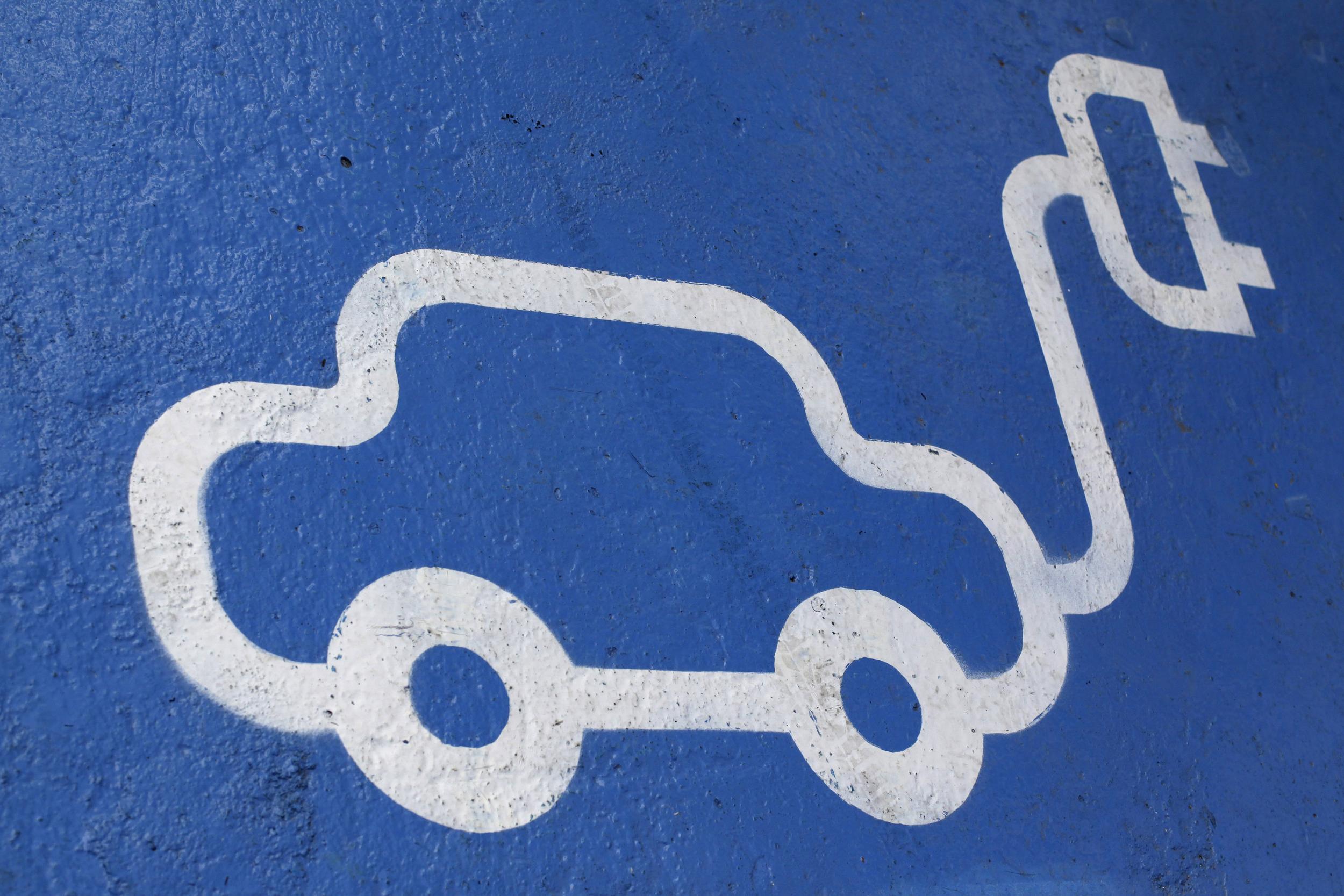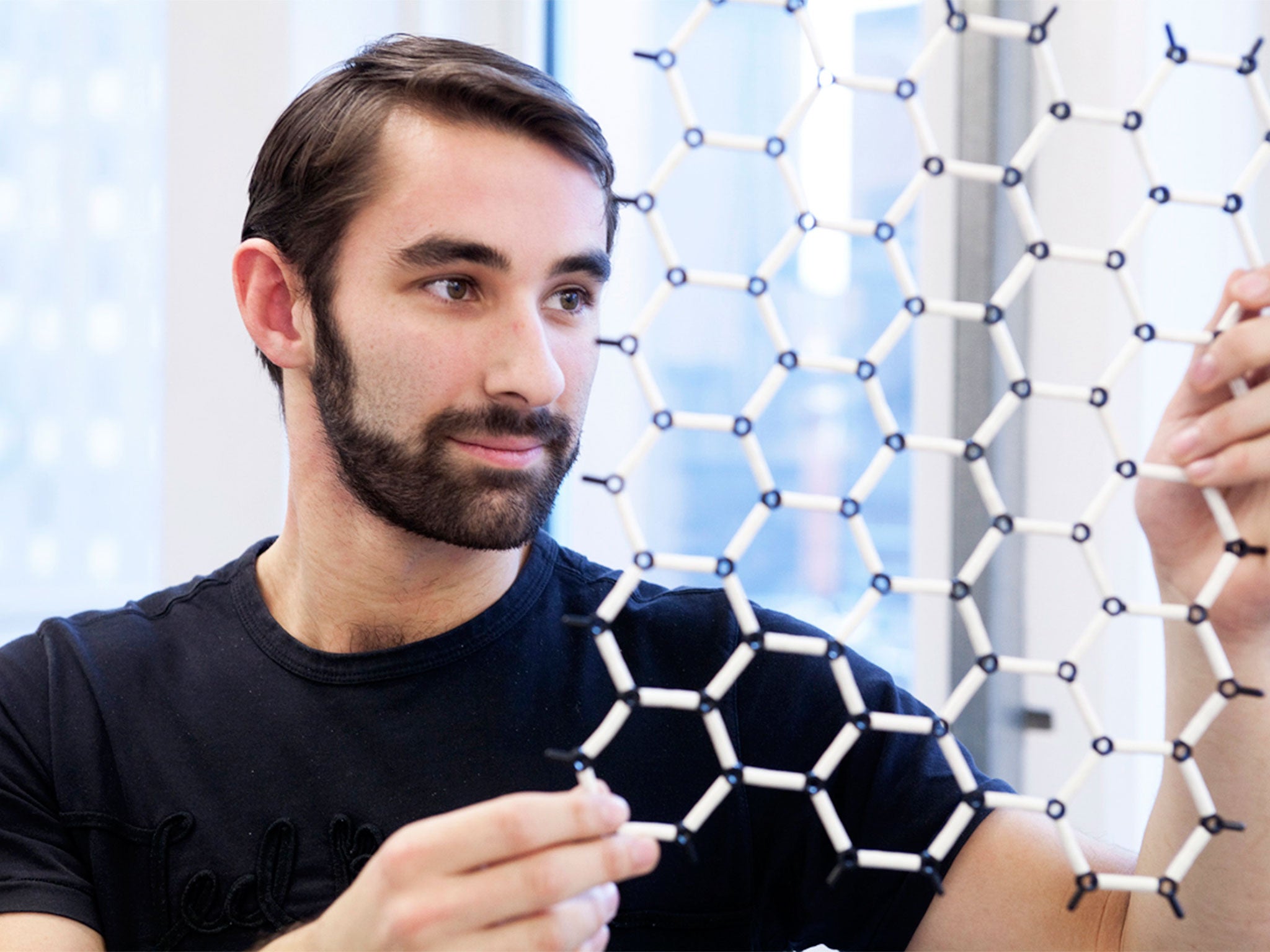Graphene battery charges in just five minutes
'Revolutionary' material charges 12-times faster than current lithium-ion batteries

Your support helps us to tell the story
From reproductive rights to climate change to Big Tech, The Independent is on the ground when the story is developing. Whether it's investigating the financials of Elon Musk's pro-Trump PAC or producing our latest documentary, 'The A Word', which shines a light on the American women fighting for reproductive rights, we know how important it is to parse out the facts from the messaging.
At such a critical moment in US history, we need reporters on the ground. Your donation allows us to keep sending journalists to speak to both sides of the story.
The Independent is trusted by Americans across the entire political spectrum. And unlike many other quality news outlets, we choose not to lock Americans out of our reporting and analysis with paywalls. We believe quality journalism should be available to everyone, paid for by those who can afford it.
Your support makes all the difference.Billions of pounds have been poured into research of the "revolutionary" material graphene, though few real-world applications have so far been realised.
A Catalan startup called Earthdas is aiming to address that by producing a graphene-based battery that it claims can charge 12-times faster than current lithium-ion batteries – potentially transforming the usability of electric vehicles by decreasing charging times from hours to just five minutes.
"Currently, cities are experiencing an obvious shift in terms of mobility," Rafa Terradas, founder of Earhdas, told ZDNet.
"We're all aware we must reduce the space occupied by combustion vehicles and incorporate innovative solutions to reduce pollution.
"Because graphene batteries charge so quickly, that opens the door to revolutionary solutions in terms of energy sharing between users."
Beyond the faster charging times, Earthdas batteries also have a 60 per cent increase in capacity compared to current batteries.
Unlike other startups and research initiatives developing graphene-based batteries, Earthdas says it is the first to build batteries that are commercially viable and plans to produce the first 3,000 units in the second half of 2018.

Since its discovery in 2003 by researchers at the University of Manchester, graphene has also been touted to improve everything from water filtration to solar cells.
This is made possible by the remarkable properties of the one-atom thick material, which is 200-times stronger than steel, more conductive than copper and as flexible as rubber.
Such is its potential that the European Union's biggest-ever research initiative is the Graphene Flagship, which commands a budget of around €1 billion (£800 million). The initiative claims graphene applications like Earthdas' will generate "economic growth, new jobs and new opportunities" for Europeans.
Join our commenting forum
Join thought-provoking conversations, follow other Independent readers and see their replies
Comments